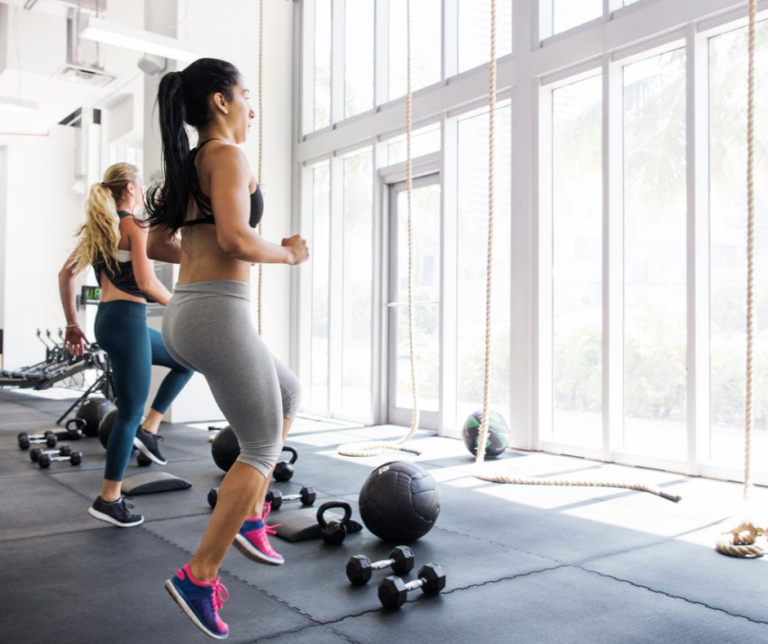Diet & Fitness Routines for Teens: A Complete Guide to Healthy Habits
Meta Description: Discover the best diet and fitness routines for teens. Learn how adolescents can build healthy habits for life, boost energy, support growth, and stay fit.
Introduction
Teenage years are a crucial time for growth, development, and forming lifelong habits. With hormonal changes, school pressures, screen time, and busy schedules, it’s easy for teens to neglect proper nutrition and physical activity. However, adopting a balanced diet and a teen-friendly fitness routine can have a powerful impact on physical health, mental clarity, academic performance, and confidence.
In this guide, we’ll cover everything teens—and their parents—need to know about eating well and staying active, backed by expert advice and science.
Why Diet and Fitness Matter During the Teenage Years
Adolescence is a period of rapid growth and change. Nutritional and fitness needs during this time are higher than ever.
Key Benefits of Healthy Diet & Fitness for Teens:
- Supports bone and muscle development
- Boosts immunity
- Enhances energy levels and focus
- Promotes mental health and reduces stress
- Encourages healthy weight management
- Builds self-esteem and confidence
Section 1: A Balanced Diet Plan for Teens
Teenagers require a wide variety of nutrients to support their growing bodies. Unfortunately, many teens consume diets high in sugar, processed snacks, and fast food while skipping essential nutrients.
1. Macronutrients Teens Need
Protein
- Supports muscle development, immune health, and hormonal balance.
- Best Sources: Eggs, chicken, fish, lentils, tofu, Greek yogurt, nuts.
Carbohydrates
- Provide energy for school, sports, and daily activity.
- Best Sources: Whole grains (brown rice, oats), fruits, veggies, legumes.
Fats
- Crucial for brain development and hormone production.
- Healthy Sources: Avocados, olive oil, nuts, seeds, fatty fish.
2. Essential Vitamins & Minerals
- Calcium & Vitamin D: Bone development
Sources: Dairy, leafy greens, fortified cereals, sunlight - Iron: Supports red blood cells and prevents fatigue
Sources: Spinach, lentils, lean red meat - Zinc & Magnesium: Important for growth, immunity, and sleep
Sources: Whole grains, nuts, legumes
3. Hydration is Key
- Teens often skip water in favor of sodas or sugary drinks.
- Tip: Encourage 6–8 glasses of water daily; more during sports or hot weather.
Sample Healthy Teen Meal Plan
| Meal | Ideas |
|---|---|
| Breakfast | Whole-grain toast with peanut butter, a banana, and a glass of milk |
| Snack | Greek yogurt with berries or a handful of almonds |
| Lunch | Grilled chicken wrap with lettuce, tomato, and hummus + an apple |
| Snack | Vegetable sticks with guacamole or a boiled egg |
| Dinner | Brown rice, stir-fried veggies, and baked fish or tofu |
| Optional Snack | Warm milk with turmeric or a small fruit smoothie |
Healthy Eating Habits for Teens
- Don’t skip meals: Especially breakfast—it boosts energy and focus.
- Limit junk food: It’s okay occasionally but not daily.
- Avoid crash diets: Teens should never follow restrictive or fad diets.
- Eat the rainbow: Include a variety of colorful fruits and vegetables.
- Smart snacking: Choose protein-rich or fiber-rich snacks to stay full longer.
Section 2: Fitness Routines for Teens
Exercise isn’t just about weight—it supports mental health, energy, sleep, and academic performance. The CDC recommends that teens get at least 60 minutes of physical activity daily.
Best Types of Exercises for Teens
1. Aerobic (Cardio) Activities
- Boost heart health, endurance, and mood.
- Examples: Walking, running, cycling, swimming, dancing, basketball.
2. Strength Training
- Builds lean muscle, strengthens bones, and boosts metabolism.
- Bodyweight Exercises: Push-ups, squats, planks, lunges.
- Teens can safely do resistance training with supervision and proper form.
3. Flexibility and Balance
- Reduces injury risk and improves posture.
- Activities: Yoga, stretching, martial arts.
Sample Weekly Fitness Plan for Teens
| Day | Activity |
|---|---|
| Monday | 30-min brisk walk + 15-min bodyweight strength |
| Tuesday | Dance, sports practice, or swimming |
| Wednesday | Yoga or stretching + 15-min core workout |
| Thursday | Jogging or cycling + push-ups and squats |
| Friday | HIIT workout (20 min) + cool-down |
| Saturday | Outdoor play or team sports |
| Sunday | Rest or light walk/stretching |
Fitness Tips for Teens
- Start slowly: Gradually increase intensity and duration.
- Make it fun: Join a sports team, dance class, or workout with friends.
- Limit screen time: Balance online life with physical movement.
- Avoid overtraining: Rest days are essential to recovery and growth.
- Celebrate progress: Focus on strength, energy, and how you feel—not just looks.
Section 3: Mental Health and Self-Image in Teens
Teens often face body image pressure, especially due to social media. It’s vital to reinforce that health is about how you feel, not just how you look.
Promoting a Positive Relationship with Food & Exercise
- Avoid labeling foods as “good” or “bad.”
- Focus on strength, energy, and confidence—not size.
- Encourage self-love and realistic expectations.
Tip for Parents: Be role models. Practice healthy habits and avoid body-shaming comments.
Red Flags: What to Watch Out For
While health is the goal, some teens may develop unhealthy habits or obsessions.
Warning Signs:
- Skipping meals or avoiding entire food groups
- Obsessive exercise routines
- Constant body dissatisfaction
- Extreme dieting
- Sudden weight loss
If you or someone you know shows these signs, consult a doctor or mental health professional immediately.
Teen Health FAQs
Q1: Should teens use supplements?
Most teens can get all nutrients from food. Only use supplements (like vitamin D or iron) if recommended by a doctor.
Q2: Can teens do weightlifting?
Yes, when done correctly. Bodyweight and light resistance training with supervision is safe and beneficial.
Q3: What if I don’t like sports or the gym?
Find fun ways to stay active—dance, hiking, martial arts, or even walking your dog.
Conclusion
Teen years are a golden opportunity to build a foundation for lifelong health. With the right diet, daily movement, and a balanced mindset, teens can grow stronger, more energetic, and more confident—inside and out.
Remember, small consistent steps lead to big results. Eat well, move often, rest enough, and be kind to yourself.







